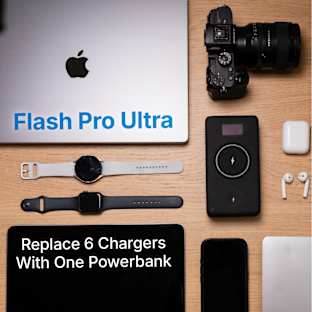Farm Hack is an open source community that
builds, designs, and documents tools for resilient agriculture - this community
of farmers, designers, developers, engineers, architects, and others with an
interest in a more adaptive and open food system lives both through in-person
meet-ups and hack-a-thons as well as on-line. Farm hackers join the
community by participating at events or through online contributions and you
can too!
Here are some examples of open source tools the community has developed or documented:
Cover crop roller
![]()
This tool is designed to increase organic matter in soil, retain moisture, reduce cultivating passes and herbicide use. It functions by stressing the annual cover crop at the vulnerable point
between when the plant puts energy into producing seed, but before it
produces viable seed. Culticycle![]()
This is a pedal powered tractor that can cultivate, seed, spray, or pull gear for most low horsepower tasks. Small tractors do many jobs very well and very fast, but also consume
fuel, compact soil, cost a lot, and cause physical damage to the
operator – mainly spine and joint problems. Many of their jobs could be
done, slower but better, by human pedal power.FIDO - Greenhouse Monitoring with Text Message Alerts
![]()
A farmer-built electronic tool that can monitor greenhouse temperature,
record greenhouse data, and alert the farmer to problems in the
greenhouse via cell phone text message. This tool is much more
affordable and useful than commercially available greenhouse alarms and has led to other hacks such as Rover, an electric fence monitor.
Farm Hack is a non-profit farmer-driven open
source design platform. Farm Hack’s forums and wikis facilitate
collaborative development between individuals and between organizations,
accelerating the cross pollination of ideas and systems understanding.
Farm Hack received its 501c(3) status in
September and this jumpstart of crowd-sourced capital will help launch the next
phase of development. We have come a long way on volunteerism and support from
our founding partners, but you can help us take the next step to grow and
strengthen the community even further.
What We Need & What You Get
Our goal for this Indiegogo campaign is to raise
$25,000 so that we can continue development on our website and make it easier to contribute to and improve and to create a robust,
convivial, beautiful operating platform for our growing community of users. We’ll
also spend that money continuing with our in-person gatherings on farms, to
expand the community into more states and countries by building on our existing
international community.
1. Farm Hack’s web development goals($15,000)










































